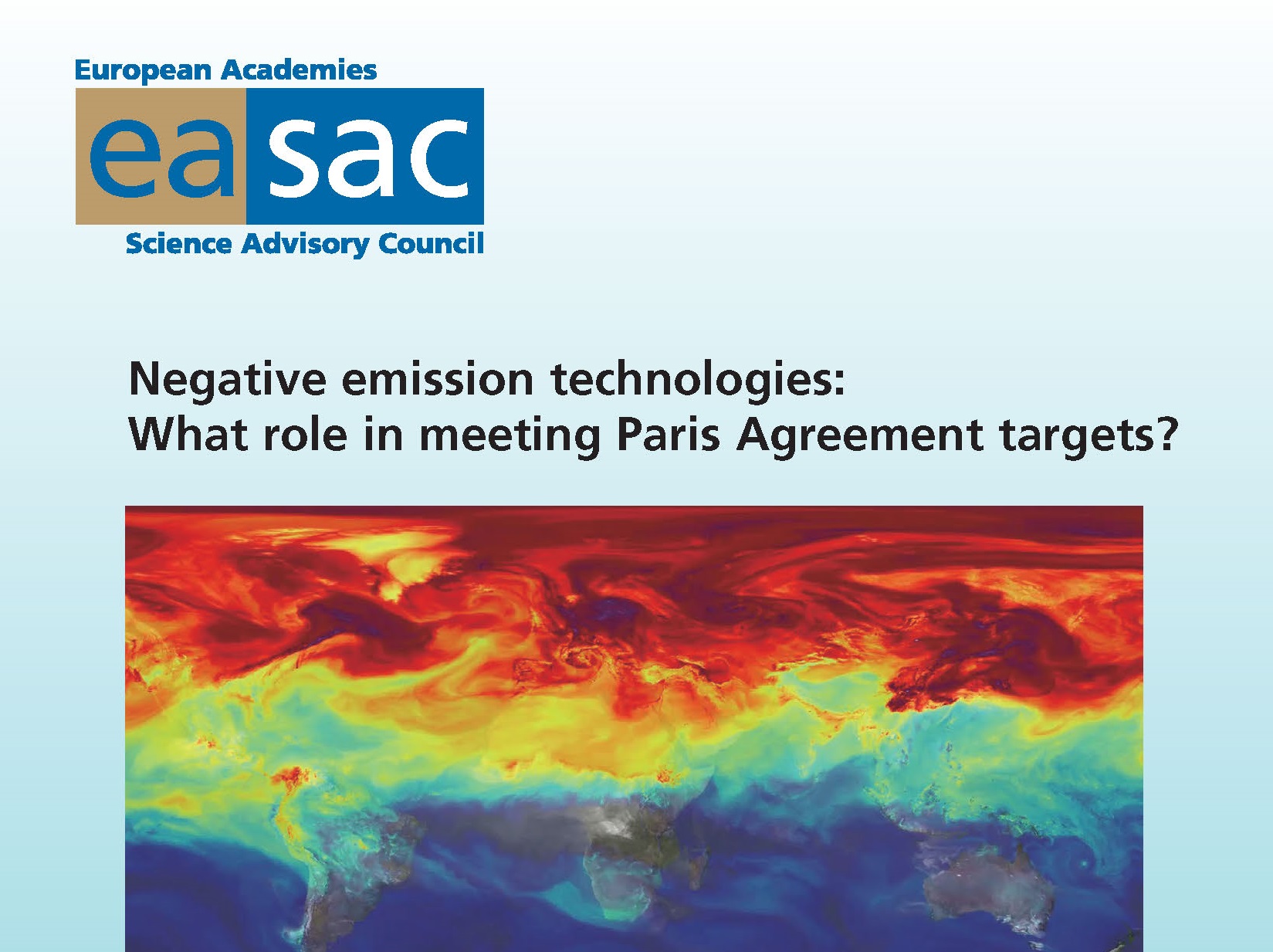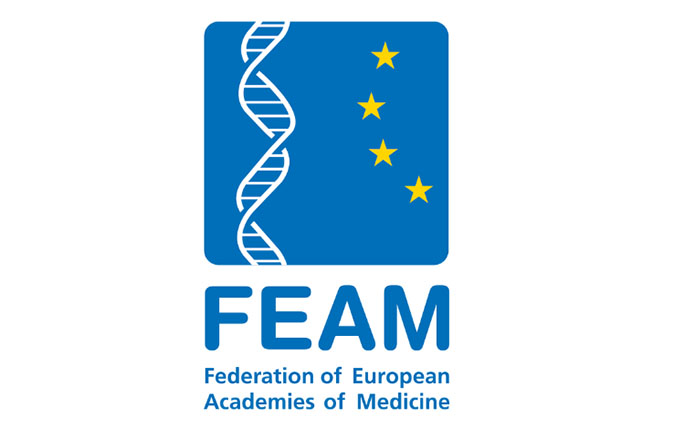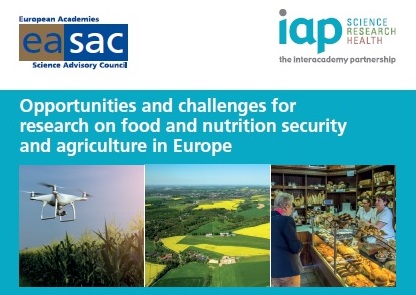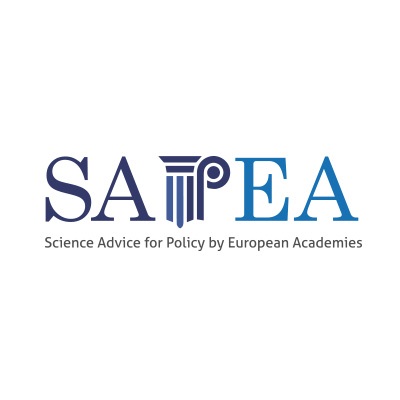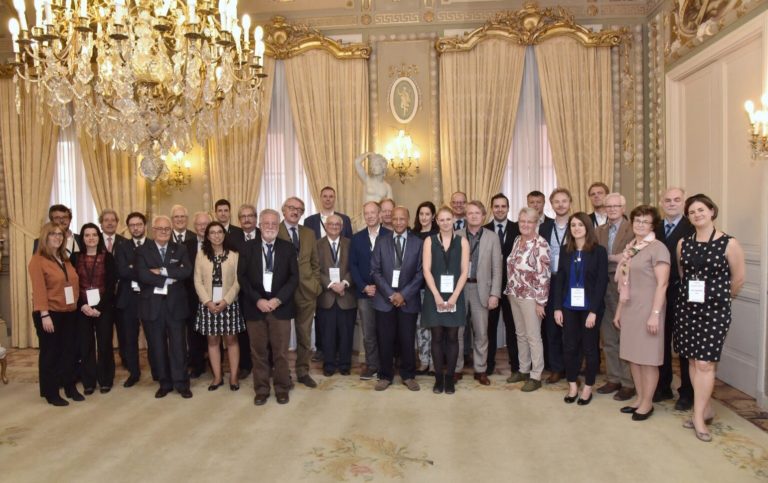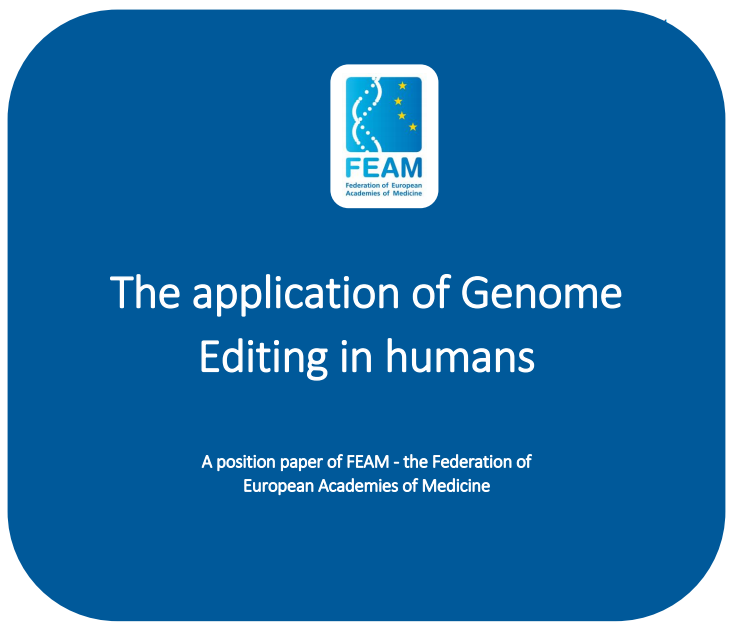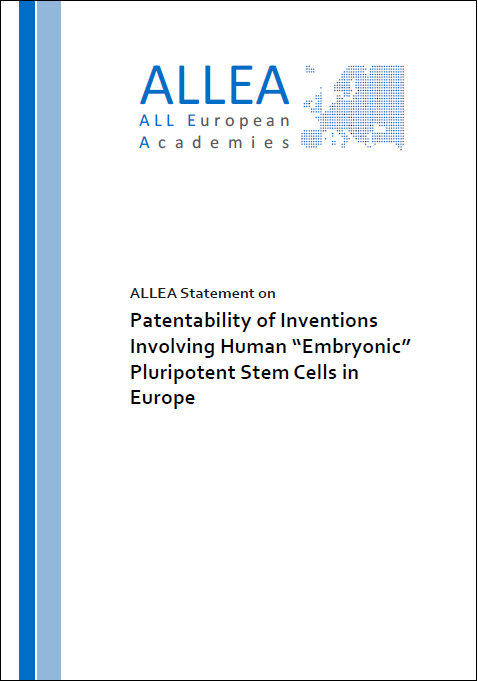EASAC publishes report on negative emission technologies
In a new report by EASAC (the European Academies’ Science Advisory Council), senior scientists from across Europe have evaluated the potential contribution of negative emission technologies (NETs) to allow humanity to meet the Paris Agreement’s targets of avoiding dangerous climate change.
